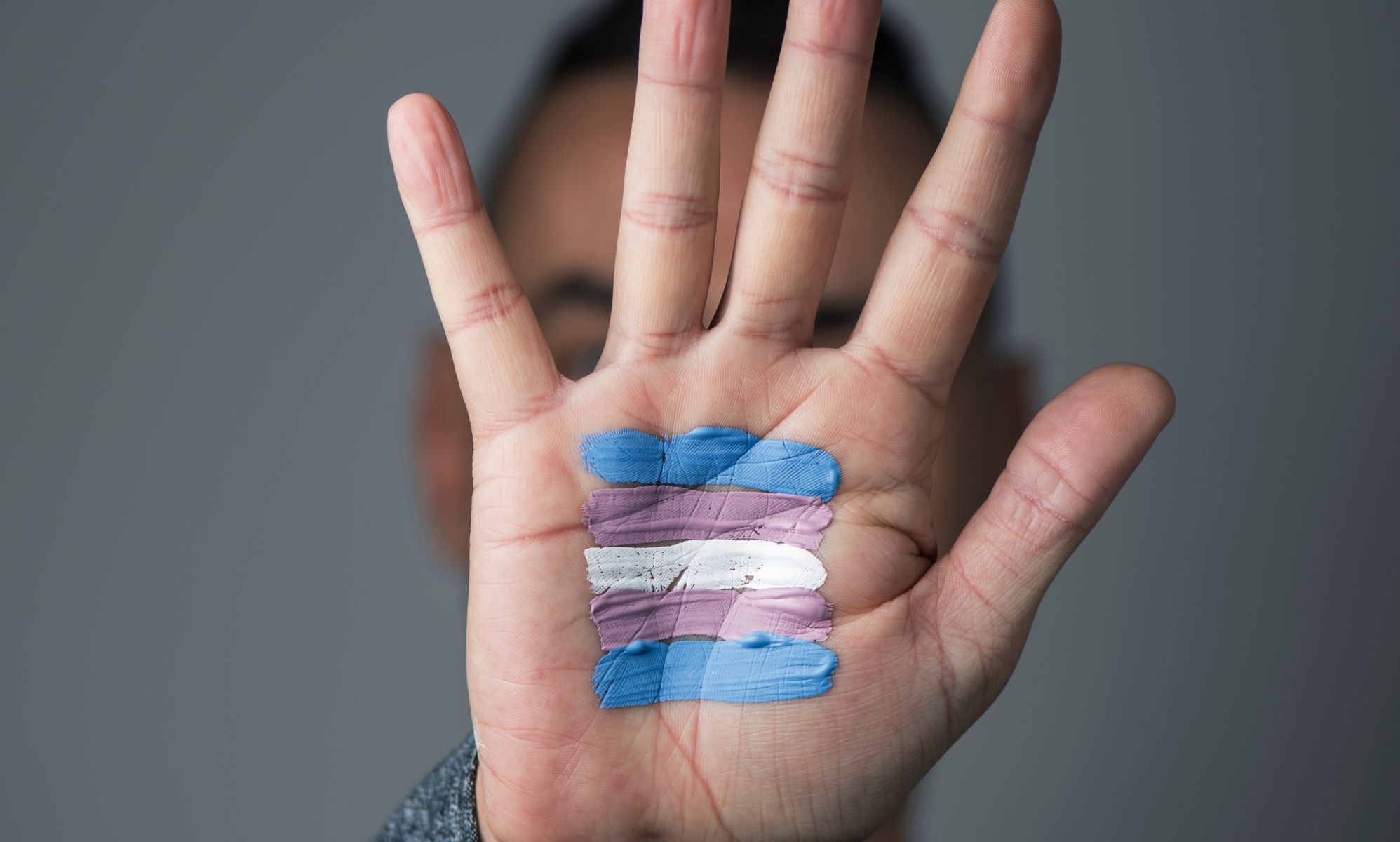
"Under the Gender Recognition Act, trans UK citizens can obtain a Gender Recognition Certificate (GRC) to have their identity recognised on legal documents and identification. Applicants must have a gender dysphoria diagnosis, be over 18, prove they have been living as their affirmed gender for at least two years, and that they "intend to live in this gender for the rest of [their] life.""
"In its ruling opinion on the trans man's request to obtain a GRC, the panel reportedly argued that his intention to have kids meant he had not been living as a man. Lawyers at Good Law Project, a legal group which is representing the trans man, appeared in the High Court in July challenge the panel's decision, arguing that it breaches the plaintiff's human rights."
Under the Gender Recognition Act, trans UK citizens can apply for a Gender Recognition Certificate (GRC) by meeting criteria including a gender dysphoria diagnosis, age over 18, two years living in affirmed gender, and intent to live in that gender for life. A trans man’s application was denied after the Gender Recognition Panel concluded his intention to conceive meant he had not been living as a man. Good Law Project challenged the decision in the High Court, arguing it breaches human rights and conflicts with European Court of Human Rights precedent preventing sterilisation or forcing trans people to stop trying to conceive to gain legal recognition.
Read at PinkNews | Latest lesbian, gay, bi and trans news | LGBTQ+ news
Unable to calculate read time
Collection
[
|
...
]